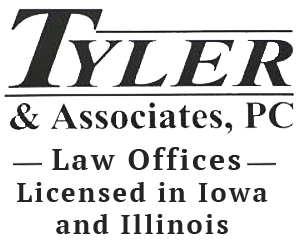If you’ve started to have problems breathing at work, you may not be sure what’s going on. The symptoms might go away when you’re at home, or you may be wheezing or coughing more than usual.
These are signs of work-related asthma for which you should have a medical examination. Asthma can become life-threatening if an attack occurs, so even if you feel controlled now, it is valuable to look into options to treat your condition.
Asthma affects the way your lungs function
Your lungs may be inflamed and irritated if you have asthma or work-related asthma. Even if you’ve never had this condition before, it’s possible that you could develop it because of a trigger in your environment. Dust, for example, could trigger work-related asthma symptoms.
What are the symptoms of work-related asthma?
Work-related asthma has symptoms such as:
- Tightness in the chest
- Trouble breathing
- Shortness of breath
- Wheezing
- Coughing
Usually, asthma is controlled by taking medications like long-acting corticosteroids or albuterol, a rescue medication. Without the right medications on board, a person can quickly become ill and may end up having an asthma attack.
What should you do if you think you have work-related asthma?
Whether you had asthma in the past or not, it’s valuable to talk to your employer about your situation. If you’re having trouble breathing at work, you need to see a doctor as soon as possible. If you feel faint or dizzy, someone should call 911 to have a paramedic come to the scene.
There are several ways of testing for asthma, with one of the easiest being pulmonary testing. Until it’s clear if you have developed this condition, you may be given bronchodilators, which are medicines that help open up the airways.
This condition is life-changing, but it is one that can be controlled by avoiding your triggers and taking the right medications. You may be able to get workers’ compensation if you suffer asthma as a result of exposure to toxins or other triggers in the workplace. If you are feeling unwell, let someone know and seek the medical care you need— you can take steps to make a claim once you’re medically stable.

